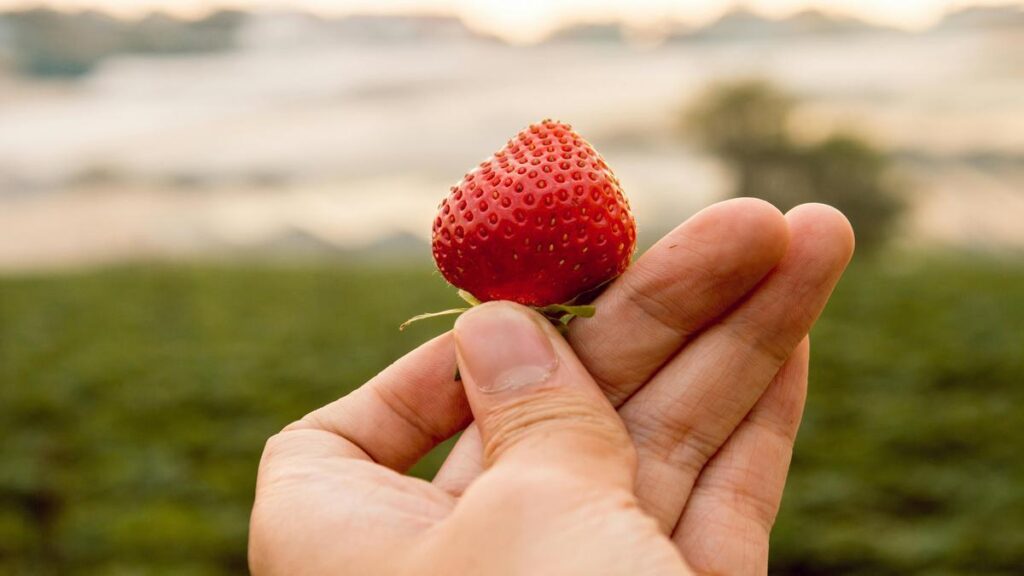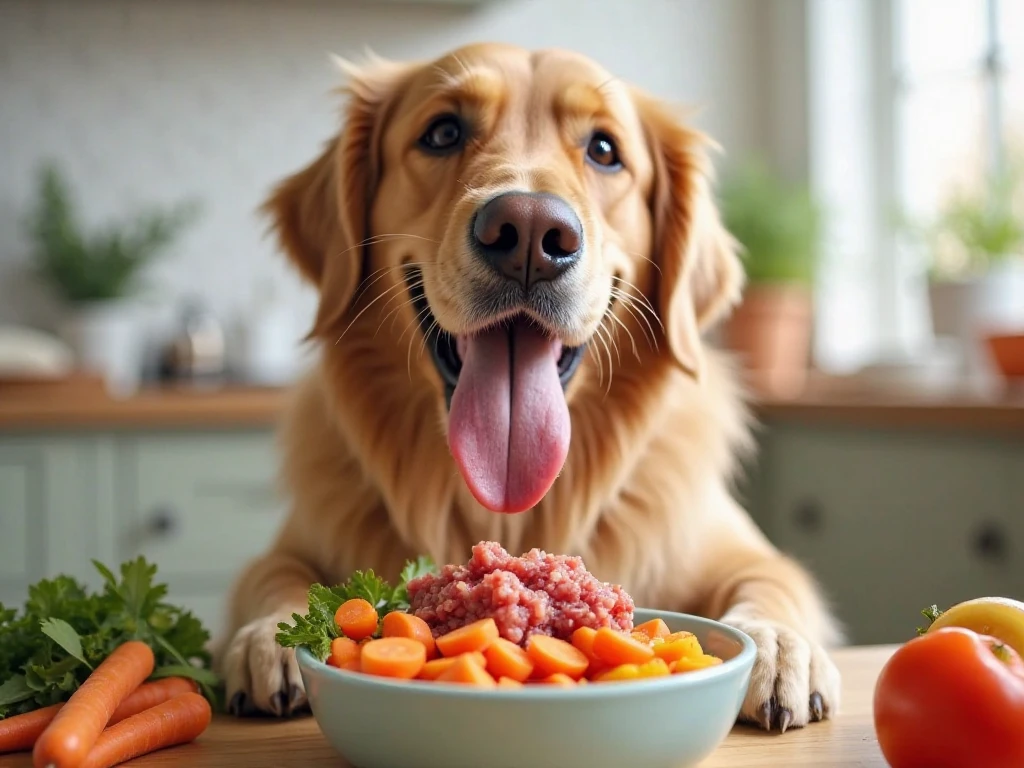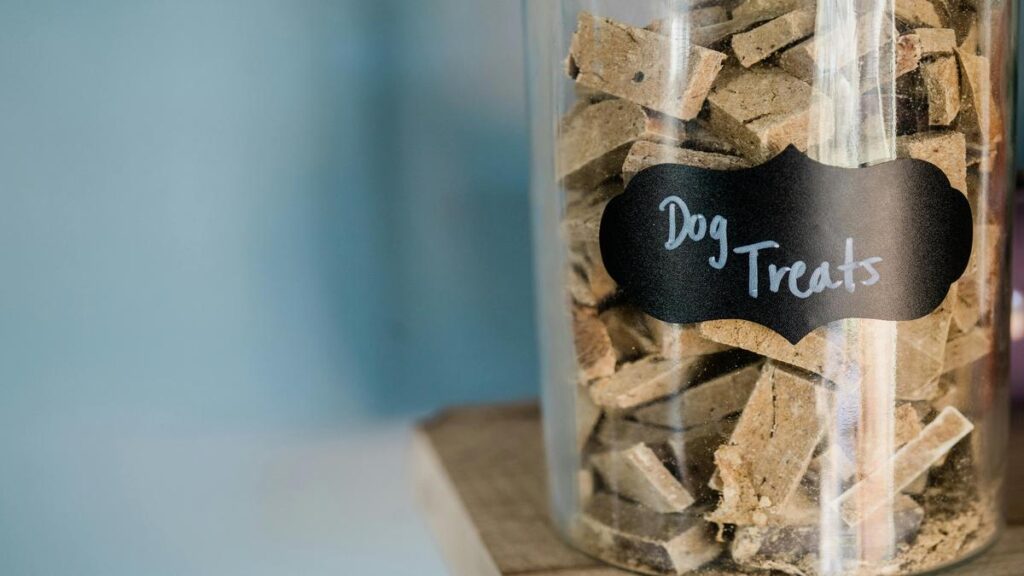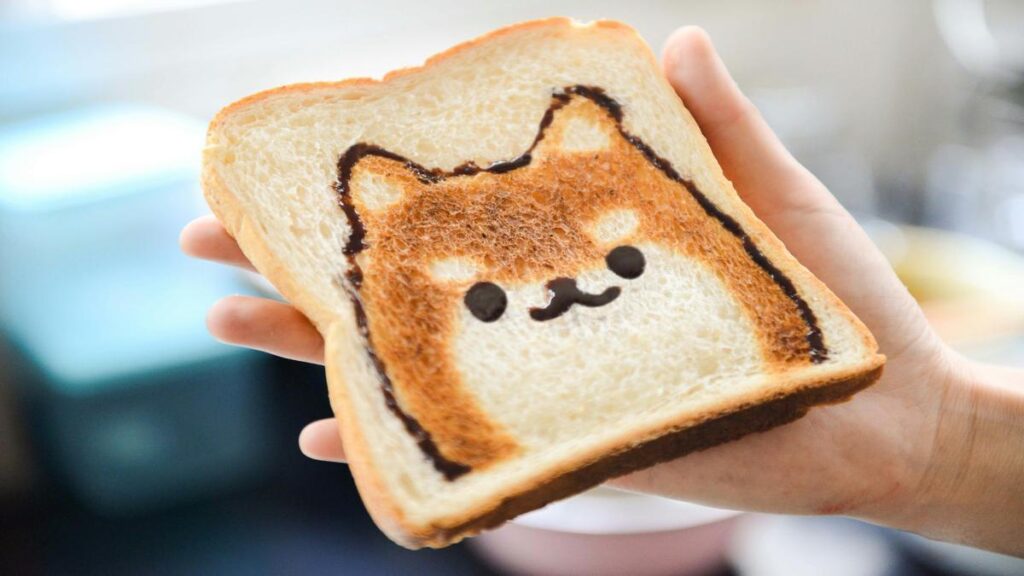If you’re eager to learn the secrets to avoiding nutritional deficiencies in natural diets for your furry friend, you’re in the right place! In this article, we’ll explore why a natural diet matters, the essential nutrients every dog needs, and how to keep your pup healthy and happy. From tips on the best food sources to avoiding common mistakes, you’ll get all the information you need to ensure your dog thrives on a balanced natural diet. Let’s get started!
Key Insights
- Include a variety of fruits and veggies in your meals.
- Choose whole grains over refined grains for better nutrition.
- Add nuts and seeds for healthy fats and protein.
- Don’t forget about legumes for extra fiber and vitamins.
- Keep track of what you eat to spot any missing nutrients.

Summary
Understanding Nutritional Deficiencies in Dogs
So, let’s get right into it. Dogs, just like us, need a balanced diet to stay healthy. But sometimes, they might not be getting everything they need from their food. This is where nutritional deficiencies come into play. Think about it: if you don’t eat enough fruits and veggies, you might feel sluggish or get sick. The same goes for our furry friends. If they’re missing out on essential nutrients, it can lead to serious health issues.
Common deficiencies in dogs include protein, vitamins, and minerals. For instance, a lack of vitamin A can lead to vision problems, while insufficient calcium can affect bone health. It’s crucial to recognize these signs early on. If your dog seems lethargic, has a dull coat, or is losing weight, it might be time to reassess their diet.
If you are someone who does not have time to prepare food for your pet, consult a veterinarian about this kibble Dr. Harvey’s Canine Health Miracle Dog Food. and to read about this Reviews

Why Natural Diets Matter for Your Pup
Now, you might be wondering, why should I consider a natural diet for my dog? Well, natural diets can offer a whole host of benefits. They often include whole, unprocessed foods that are closer to what dogs would eat in the wild. This means less junk and more nutrients. For more insights on the advantages of natural diets, check out this overview of natural diet benefits.
Think about it this way: would you rather eat a bag of chips or a fresh salad? The salad is packed with nutrients, while the chips are mostly empty calories. Natural diets can help your dog maintain a healthy weight, have more energy, and even improve their coat and skin health. Plus, many dog owners have noticed that their pets are less prone to allergies and digestive issues when they switch to a natural diet.
But remember, just because it’s natural doesn’t mean it’s automatically good for your pup. You still need to make sure it’s balanced and meets all their nutritional needs. For guidance on creating balanced meals, refer to the expert tips on balanced diets.
Essential Nutrients Every Dog Needs
Alright, let’s dive into what your dog actually needs to thrive. Here’s a quick rundown of the essential nutrients every dog should have in their diet:
- Proteins: These are the building blocks of your dog’s body. They help with muscle growth and repair. Look for high-quality protein sources like chicken, beef, or fish.
- Fats: Healthy fats are crucial for energy and help keep your dog’s skin and coat healthy. Omega-3 and Omega-6 fatty acids are particularly important. You can find these in fish oil or flaxseed oil.
- Carbohydrates: While dogs don’t need as many carbs as humans, they still need some for energy. Look for whole grains like brown rice or oats, or even veggies like sweet potatoes.
- Vitamins: These are vital for various bodily functions. For example, vitamin D helps with calcium absorption, and vitamin E acts as an antioxidant.
- Minerals: Minerals like calcium, phosphorus, and potassium are essential for bone health, muscle function, and overall well-being.
- Water: Don’t forget about water! It’s just as important as food. Make sure your dog always has access to fresh, clean water.
Understanding these nutrients is the first step in ensuring your dog’s diet is balanced. For more detailed information on nutrient roles, refer to the role of vitamins and minerals in dog health.
Secrets to Avoiding Nutritional Deficiencies in Natural Diets
So, how do you avoid those pesky nutritional deficiencies? Here are some secrets to avoiding nutritional deficiencies in natural diets:
- Research: Before making any changes to your dog’s diet, do your homework. Look up what nutrients are essential for their breed and age.
- Consult a Vet: It’s always a good idea to chat with your veterinarian. They can help you create a balanced diet plan tailored to your dog’s specific needs.
- Rotate Proteins: Just like we enjoy variety in our meals, dogs do too! Try rotating different protein sources to ensure they’re getting a wide range of nutrients.
- Include Variety: Don’t just stick to one type of food. Mix in different vegetables, grains, and protein sources to create a well-rounded diet. For ideas on recipes, check out these healthy dog diet recipes.
- Watch for Signs: Keep an eye on your dog’s health. If they’re acting differently or you notice changes in their coat or energy levels, it might be time to reassess their diet.
- Be Mindful of Treats: Treats can be sneaky sources of empty calories. Opt for healthy options like carrot sticks or apple slices instead of store-bought snacks.
By following these tips, you can help ensure your dog gets all the nutrients they need to stay happy and healthy. For more tips on starting a natural diet, visit this guide on starting a natural diet.
Best Food Sources for a Balanced Diet
Now, let’s talk about some of the best food sources you can include in your dog’s diet. Here’s a handy list:
- Lean Meats: Chicken, turkey, and lean cuts of beef are excellent protein sources. Just make sure they’re cooked without any seasoning.
- Fish: Salmon and sardines are not only tasty but also packed with Omega-3 fatty acids.
- Eggs: These are a great source of protein and can be scrambled or boiled for your pup.
- Vegetables: Carrots, green beans, and sweet potatoes are all nutritious options. Just make sure to cook them properly to aid digestion.
- Fruits: Apples (without seeds), blueberries, and bananas can be great treats. They’re full of vitamins and antioxidants.
- Whole Grains: Brown rice, quinoa, and oats are good sources of carbohydrates and fiber.
- Dairy: Some dogs can tolerate dairy, so small amounts of plain yogurt or cottage cheese can be beneficial.
Mixing and matching these foods can help create a balanced diet that your dog will love. Just remember to introduce new foods gradually to avoid any tummy troubles. For further insights on preparing these meals, check out the ultimate guide on making a natural diet for dogs.
The Role of Vitamins and Minerals in Dog Health
Vitamins and minerals play a huge role in your dog’s overall health. They’re essential for everything from bone strength to immune function. Here’s a closer look at some key players:
- Calcium and Phosphorus: These two work together to keep bones and teeth strong. They’re especially important for growing puppies.
- Iron: This mineral is crucial for healthy blood. A deficiency can lead to anemia, which can make your dog feel weak and tired.
- Zinc: This mineral is important for skin health and immune function. If your dog has skin issues, it might be worth looking into their zinc intake.
- B Vitamins: These are essential for energy metabolism and overall health. They help convert food into energy, which is super important for active pups.
- Antioxidants: Vitamins like A, C, and E help combat oxidative stress and keep your dog’s immune system strong.
By ensuring your dog gets a variety of these vitamins and minerals, you’re setting them up for a healthier, happier life. For more on how to ensure they get these nutrients, refer to proven methods for transitioning to a natural diet.
How to Ensure Nutrient Absorption
It’s one thing to feed your dog a balanced diet, but it’s another to make sure they’re actually absorbing those nutrients. Here are some tips to help with that:
- Digestive Health: A healthy gut is key to nutrient absorption. Probiotics can help maintain a healthy balance of gut bacteria.
- Avoid Overcooking: While you want to cook food to kill harmful bacteria, overcooking can destroy some nutrients. Steam or lightly cook veggies instead of boiling them to keep their nutritional value intact.
- Balanced Meals: Ensure that your dog’s meals are balanced. Too much of one thing can interfere with the absorption of others. For example, too much calcium can hinder the absorption of phosphorus.
- Regular Meals: Feeding your dog at regular intervals can help with digestion and absorption. It’s better for them to have smaller, more frequent meals than one big feast.
- Hydration: Make sure your dog is drinking enough water. Dehydration can affect their digestion and nutrient absorption.
By keeping these factors in mind, you can help your dog get the most out of their meals. For additional tips on creating a balanced diet, visit these essential tips for natural dog diets.
When to Consider Health Supplements
Sometimes, even with the best efforts, your dog might need a little extra help. That’s where health supplements come in. Here’s when you might want to consider them:
- Picky Eaters: If your dog is a fussy eater and isn’t getting a balanced diet, supplements can help fill in the gaps.
- Health Issues: If your dog has specific health concerns, like joint problems or skin allergies, certain supplements can provide targeted support.
- Senior Dogs: Older dogs often benefit from supplements that support joint health and cognitive function.
- Pregnant or Nursing Dogs: Pregnant or nursing dogs have increased nutritional needs, so supplements can help ensure they’re getting everything they need.
- After Illness: If your dog has been sick, a supplement might help them recover faster and regain their strength.
Always consult your vet before starting any supplements. They can help you choose the right ones based on your dog’s needs. For a comprehensive review of dog food options, check out this review of Dr. Harvey’s dog food.
Tips for Creating a Balanced Natural Diet
Creating a balanced natural diet for your dog doesn’t have to be complicated. Here are some practical tips to keep in mind:
- Plan Meals: Take some time to plan your dog’s meals for the week. This can help ensure they’re getting a variety of nutrients.
- Use a Food Scale: Measuring out portions can help prevent overfeeding or underfeeding. It’s easy to give too many treats without realizing it!
- Incorporate Variety: Mix different protein sources and veggies throughout the week. This not only keeps things interesting for your dog but also ensures they’re getting a range of nutrients.
- Homemade vs. Store-bought: If you’re considering homemade meals, make sure you do your research. Some human foods are toxic to dogs, like chocolate and onions.
- Monitor Weight: Keep an eye on your dog’s weight. If they’re gaining or losing too much, it might be time to adjust their diet.
- Stay Informed: Nutrition science is always evolving, so keep yourself updated on the latest information regarding dog diets.
By following these tips, you can create a balanced diet that will keep your dog healthy and happy. For more information on transitioning to a natural diet, check out these proven methods for diet transition.
Common Mistakes in Dog Nutrition
Even the most well-intentioned dog owners can make mistakes when it comes to nutrition. Here are some common pitfalls to watch out for:
- Too Many Treats: It’s easy to spoil our pups with treats, but too many can lead to obesity and nutritional imbalances.
- Ignoring Labels: Not all dog foods are created equal. Make sure to read labels and choose high-quality options without fillers or artificial ingredients. For tips on understanding dog food labels, see this ultimate guide.
- Neglecting Water: Some owners forget how important water is. Always ensure your dog has access to fresh water.
- Overlooking Special Needs: Different dogs have different needs. For example, a puppy’s diet will differ from that of a senior dog.
- Not Consulting a Vet: If you’re unsure about your dog’s diet, don’t hesitate to ask a vet. They can provide valuable insights tailored to your dog’s specific situation.
By being aware of these common mistakes, you can avoid them and provide your dog with the best nutrition possible.
Conclusion
In wrapping up, you’ve now got the tools and knowledge to keep your furry friend’s diet both nutrient-rich and balanced.
Remember, a natural diet can be a game-changer for your dog’s health, but it’s all about variety and balance. Keep an eye on those essential nutrients, and don’t shy away from seeking advice from your vet when needed.
With a little effort and attention, you can prevent those pesky nutritional deficiencies and ensure your pup is not just surviving, but thriving!
So, why stop here? Dive deeper into the world of pet nutrition and discover more tips and tricks by visiting Tech Havela. Your dog deserves the best, and you’re well on your way to giving it to them!
Frequently Asked Questions
What are nutritional deficiencies?
Nutritional deficiencies happen when you don’t get enough vitamins or minerals. This can make you feel tired or sick.
How can I know if I have a deficiency?
Look for signs like feeling weak, getting sick often, or having dry skin. If you’re not sure, talk to a doctor.
What are some common nutrients I might miss?
You might miss out on iron, vitamin D, or B12. These are important for your health.
What are the Secrets to Avoiding Nutritional Deficiencies in Natural Diets?
Eat a variety of foods, such as fruits, veggies, whole grains, and proteins. This helps you get all the nutrients you need.
Can supplements help prevent deficiencies?
Yes, supplements can help! But it’s best to get nutrients from food first. Use supplements as a backup.
How often should I change my diet?
Try to mix things up regularly. Eating different foods keeps your meals exciting and colorful!
Is it hard to avoid deficiencies on a restricted diet?
It can be tricky, but it’s possible! Plan your meals and pick foods that are rich in nutrients to stay healthy.
**Sidnir Vieira**
Founder of TechHavela
A passionate pet and tech content creator, helping dog owners across the U.S. make smarter decisions for their furry friends.



